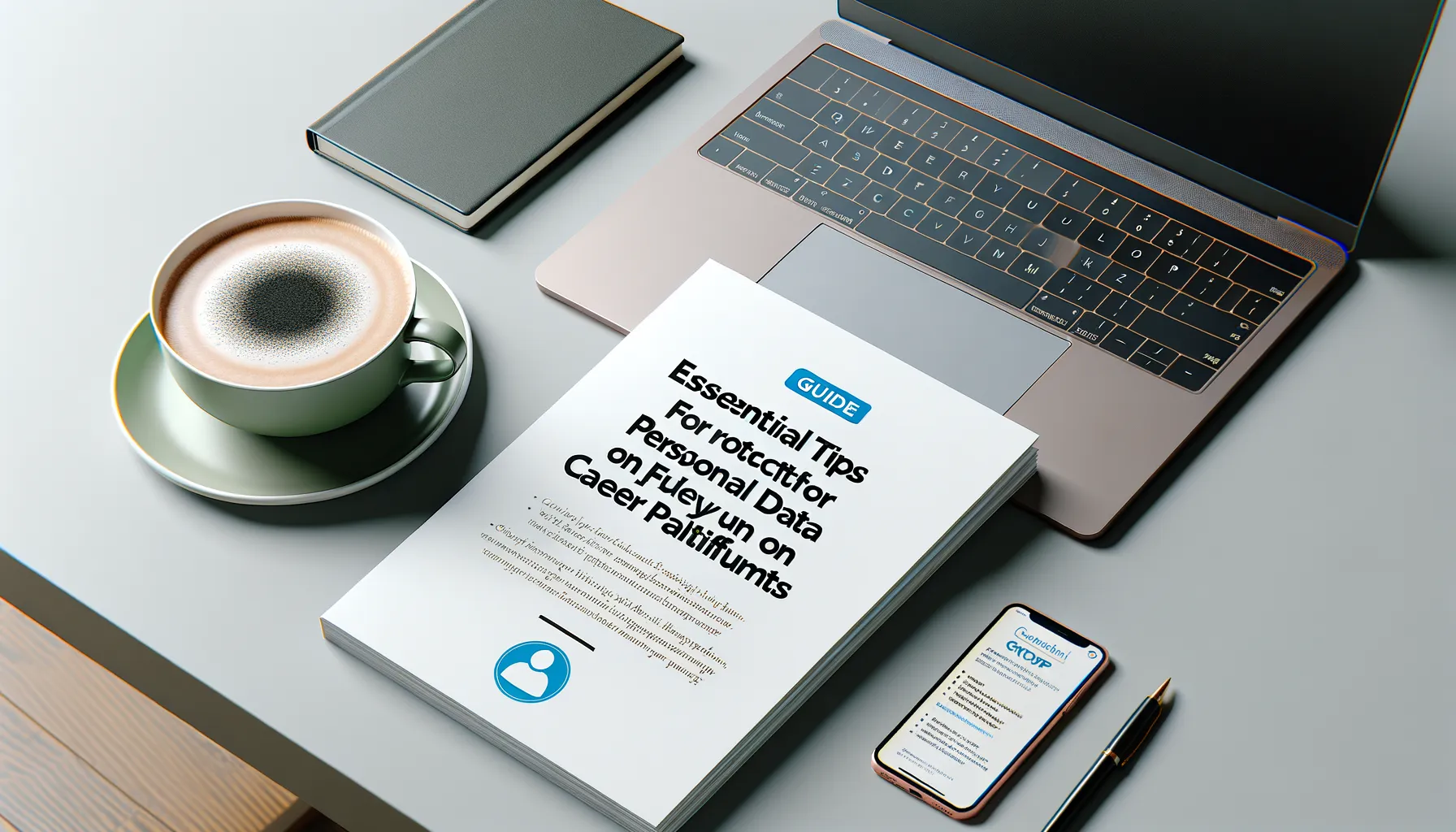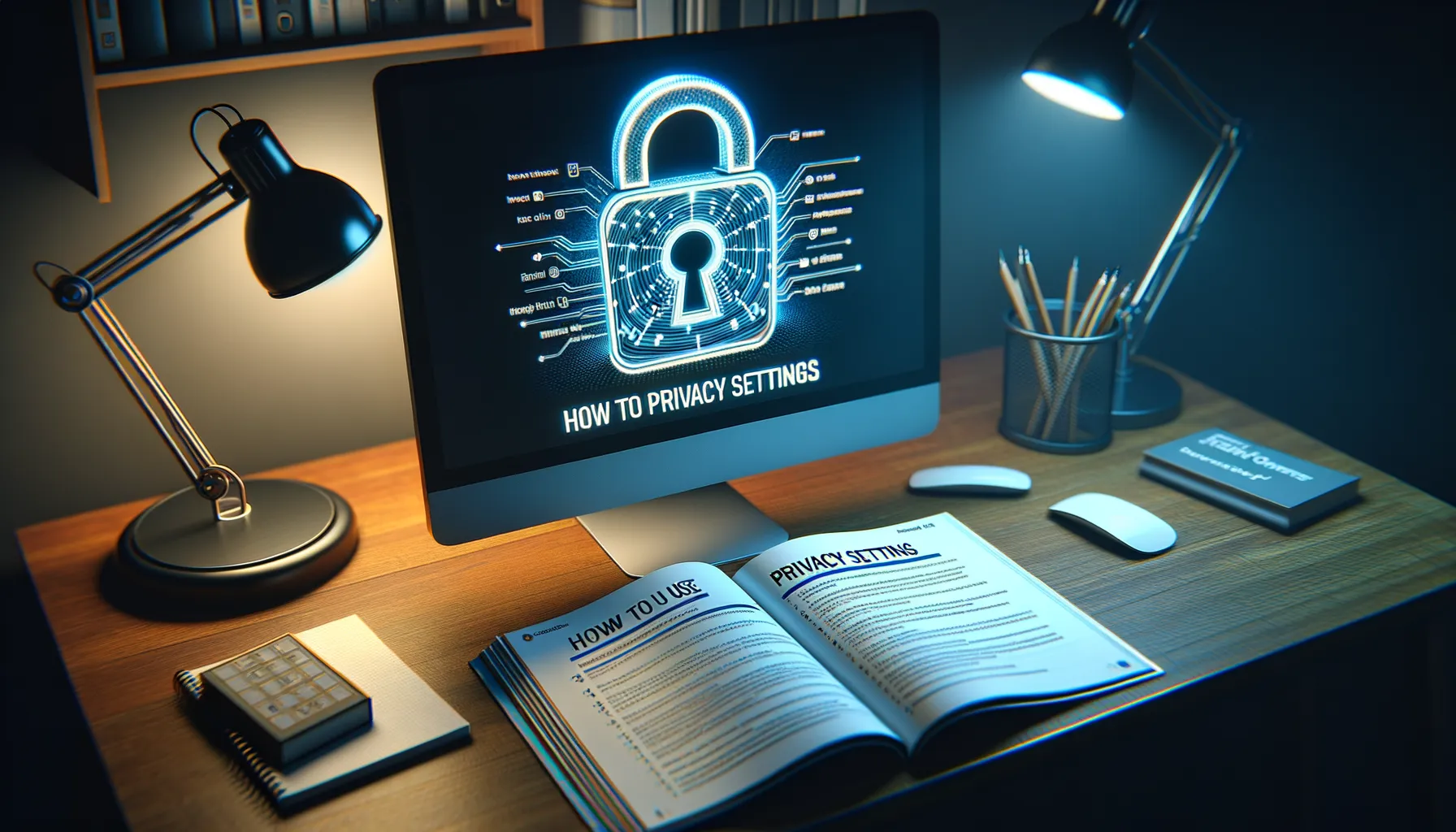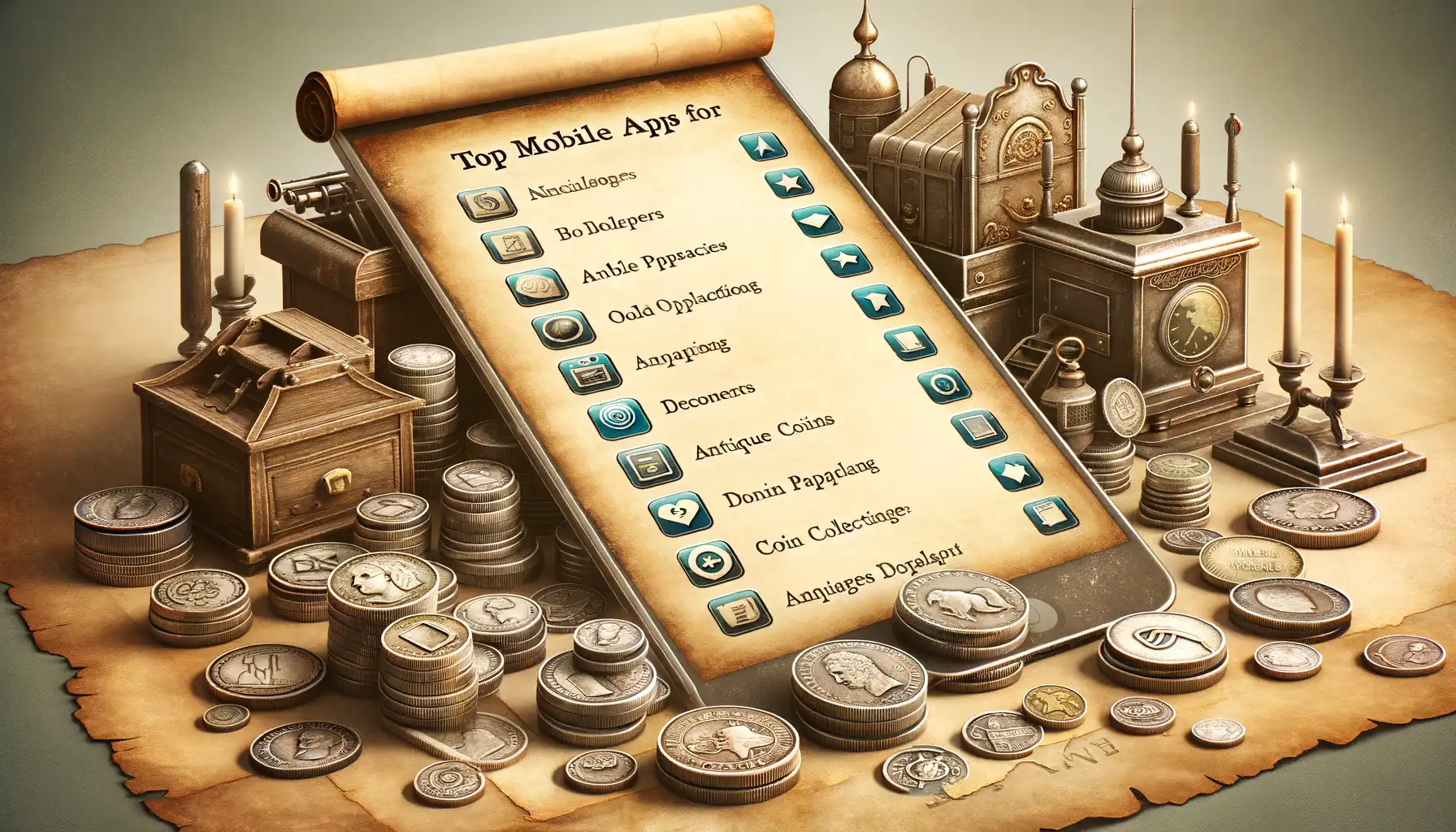Understanding the Risks of Sharing Personal Information Online
What Really Happens When You Overshare
Imagine this: you’re excited about connecting with industry professionals, so you add every little detail to your profile—your full name, address, phone number, even that quirky side hustle you did five years ago. But what feels like harmless sharing can turn into a goldmine for scammers and cybercriminals.
When too much personal information is out there, you might unintentionally hand over the keys to your digital life. Here’s why it matters:
- Identity theft: Your birthday and school details might seem innocent, but they’re puzzle pieces for criminals looking to impersonate you.
- Phishing attacks: More details make it easier for scammers to target you with believable fake emails or messages.
- Reputation risks: That casual comment from years ago? It could resurface and affect job offers or collaborations.
Overexposure Is Easier Than You Think
Here’s the tricky thing: career networking sites almost encourage oversharing. They nudge you to fill out every field, upload documents, and link accounts. While it’s tempting to comply, ask yourself—does everyone really need my home address or old project files?
Picture a prospective employer googling your name. Do you want them to stumble upon personal stories that have no place in a hiring discussion? Always remember: the internet never forgets. Use discretion, and think twice before hitting “save.”
Essential Tips for Protecting Personal Data on Career Platforms

How to Keep Your Personal Data Safe While Networking
Picture this: you’ve just updated your profile on a career platform, showcasing your proudest achievements. But lurking behind the scenes? Potential risks to your personal information. Protecting your data isn’t just wise—it’s essential in today’s hyper-connected world.
Be mindful of what you share. Resist the urge to spill every detail of your professional life. Sure, listing your alma mater or previous jobs can feel like building a trust bridge. But including things like your exact birthdate, home address, or even personal phone number? That’s handing over the keys to anyone snooping for vulnerabilities.
And hey, don’t forget your resume! Avoid uploading one with TMI (too much info). Remove sensitive details like your full address or references’ contact info before posting online.
Quick Wins for Tightening Your Security
Sometimes, it’s the small, actionable steps that make a world of difference:
- Use a unique, strong password paired with two-factor authentication (2FA). Think of it as locking your front door and adding a deadbolt!
- Stay vigilant when connecting. If someone’s message feels fishy—like an overly generic “I have a great opportunity for you!”—pause and investigate.
Your personal info is gold. Don’t trade it for a fleeting moment of convenience. Trust me, you’ll thank yourself later!
The Importance of Privacy Settings and How to Use Them

Why Privacy Settings Are Your Shield
Imagine walking into a room full of strangers and shouting your personal details—your email, your phone number, even where you work. Unthinkable, right? Yet, that’s exactly what happens online when privacy settings are ignored.
Career networking sites may seem like professional spaces, but don’t be fooled: snoopers, scammers, and even recruiters with questionable intentions could be lurking. By customizing your privacy settings, you control who sees what—think of it as drawing the blinds on your digital windows.
Most platforms let you fine-tune visibility for various parts of your profile. For example, you can:
- Restrict your contact information to connections only.
- Decide whether recruiters can view your resume or job-hunting activity.
- Hide personal updates from your network if needed.
How to Make Privacy Settings Work for You
Getting started isn’t rocket science. Log in, head to your account settings, and locate the privacy tab—it’s usually buried alongside security options. Here’s something I learned the hard way: setting everything to “Public” by default is like leaving your front door wide open!
Test the waters. Preview how your profile looks to others using the platform’s “View As” feature (if available). Don’t forget to revisit settings every few months—platforms love sneaky updates. Treat this process as a habit, not a once-and-done task. Your future self will thank you.
Recognizing and Avoiding Common Scams on Networking Sites

Spotting Red Flags in Messages and Connection Requests
Have you ever received a connection request that feels… off? Maybe it’s from someone claiming to be a “senior recruiter” who gushes over your profile, but their message reeks of cookie-cutter blandness. Scammers are artists of illusion—they craft messages that sound professional but lack depth. Look out for:
- Urgent language: “Act now to secure this once-in-a-lifetime job opportunity!” If it sounds too good to be true, it probably is.
- Requests for personal details: Genuine employers won’t ask for your banking info or social security number upfront.
- Overly generic profiles: No photo? Barely any connections? A suspiciously vague job history? Swipe left on that connection request.
The Bait-and-Switch Job Scam
Picture this: You respond to what seems like a dream role, but after a few exchanges, the conversation pivots. Suddenly, they’re selling you on “training materials” you need to purchase or “application fees” to move forward. Classic bait-and-switch tactics! Scammers exploit both your ambitions and your trust. Be wary if:
- The company name doesn’t match their email domain. A big red flag!
- They avoid phone or video interviews altogether.
- You can’t find credible reviews or much online presence for the company.
Trust your gut and, above all, your curiosity—ask questions, dig deep, and never feel pressured to hand over cash or sensitive information.
Best Practices for Maintaining a Professional but Secure Online Profile

Crafting Your Online Persona Without Compromising Security
Picture this: your online profile is like a digital handshake. You want it to be firm, confident, and memorable—but not so revealing that it gives away every secret you hold. Balancing professionalism with security might feel like walking a tightrope, but it’s easier than you think!
Start by focusing on the essentials. Sure, you might feel tempted to list every detail about yourself, from your favorite weekend hikes to your high school accolades, but less is often more. Share only what’s relevant to your professional goals. A concise, sharp headline and a well-written summary box can do wonders. Showcase your accomplishments, but skip personal details like your full birthdate—or worse, your home address. That’s unnecessary (and risky).
Smart Strategies for Profile Security
There’s an art to protecting yourself while shining online. Avoid oversharing by following these tips:
- Limit contact information: Use a professional email address but skip the phone number unless absolutely required.
- Be selective with connections: Accept requests only from people you recognize or who have verifiable professional profiles.
Treat your career platform like an exclusive event—invite the right crowd in, and keep the rest at bay. Remember, mystery can be just as impressive as transparency!







